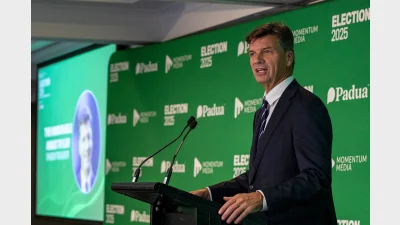NGS Super and QIEC Super to merge


NGS Super and QIEC Super have today announced that they plan to merge and partner from 1 November, this year, resulting in a $10.3 billion superannuation fund with approximately 125,000 members.
Both funds felt that the partnership would ensure the future sustainability and security of the benefits they afford members and improve economies of scale.
QIEC Super chairperson, Terry Burke, said that in the fund needed to join forces with another fund to best serve its members’ interests.
“In the current regulatory and investment environment, QIEC Super needed to look beyond being a stand-alone fund and consider how the interests of its members could be strengthened and better serviced within a larger like-minded education and care industry fund,” he said.
NGS Super chairperson, Dick Shearman, also welcomed the merger, saying that it was driven by synergies between the two funds and would strengthen NGS’ future.
“Our members’ interests are at the core of this alliance, which represents the continued growth and improved ability of our fund to secure the financial futures of all our members.”
The merger is subject to finalisation of comprehensive due diligence and risk assessments. Regulatory approval is pending to enable existing service providers of both funds to continue to meet members’ needs until integration.
Recommended for you
Aware Super has made a $1.6 billion investment in a 99-hectare industrial precinct in Melbourne’s North which, the fund clarified, also houses the nation’s first privately funded open-access intermodal freight terminal.
ASFA has affirmed its commitment to safeguarding Australia’s retirement savings as cyber activity becomes an increasing challenge for the financial services sector.
The shadow treasurer is not happy with the performance of some within the super sector, telling an event in Sydney on Thursday that some funds are obsessed with funds under management, above all else.
As the Australian financial landscape faces increasing scrutiny from regulators, superannuation fund leaders are doubling down on their support for private markets, arguing these investments are not just necessary but critical for long-term financial stability.












